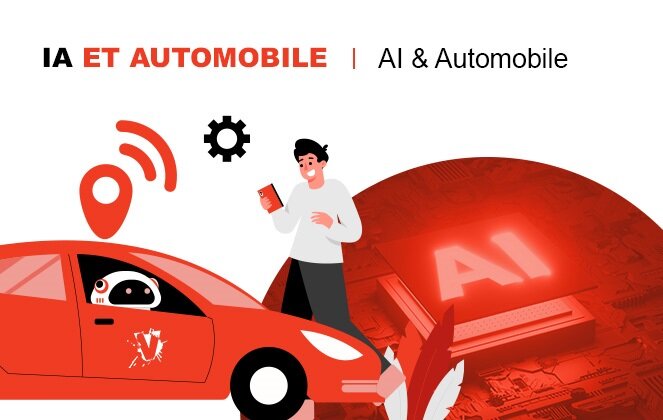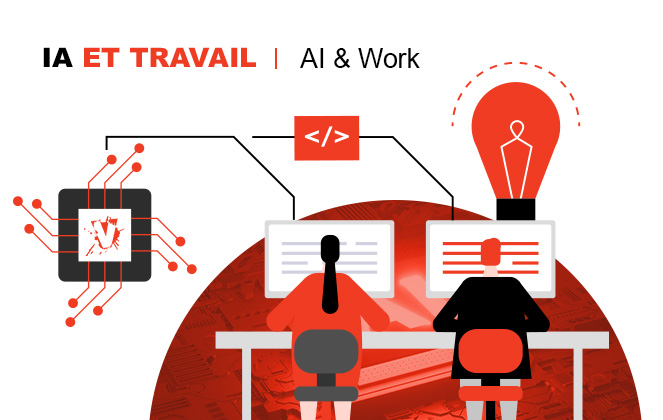The Impact of Artificial Intelligence on the Automotive Industry

The automotive industry is undergoing an unprecedented revolution, at the heart of this transformation is artificial intelligence (AI). From design to production to the driving experience, AI is redefining the way cars are made, used and perceived. This article explores the many facets of AI in the automotive industry and its impact on the industry.
1. AI in Design and Production
Automotive design, once based on manual models and physical tests, is now largely assisted by artificial intelligence. Engineers use machine algorithms to analyze huge amounts of data and identify the most efficient and aesthetically pleasing designs. This not only reduces costs, but also speeds up the development process by rapidly integrating consumer feedback and market trends.
AI is omnipresent in production. Next-generation automotive plants are equipped with intelligent robots capable of performing complex tasks with millimetric precision. These robots controlled by AI systems optimize vehicle assembly, minimize human error and improve the overall quality of finished products. In addition, AI plays a crucial role in supply chain management by predicting material requirements and optimizing inventories to avoid production interruptions.
2. Autonomous Vehicles: The Future of Driving
One of the most revolutionary applications of AI in the automotive industry is undoubtedly the development of autonomous vehicles. These vehicles, capable of moving without human intervention, rely on complex algorithms that interpret data from cameras, sensors and radar. AI enables the vehicle to understand its environment, make decisions in real time, and ensure the safety of passengers and pedestrians.
Autonomous cars are still in the testing phase, but they promise to profoundly transform urban mobility. They could reduce road accidents, improve transport efficiency and offer a viable solution to congestion problems in major cities. What's more, these vehicles could open new prospects for people with reduced mobility, offering them unprecedented mobility autonomy.
3. Driving Experience and Infotainment
AI isn't just about autonomous driving; it's also transforming the experience of drivers and passengers in vehicles. Driver assistance systems such as lane keeping, automatic emergency braking and adaptive cruise control are all examples of AI in the service of safety.
What's more, the infotainment systems in modern vehicles are becoming increasingly sophisticated thanks to AI. Integrated voice assistants, such as those from Amazon Alexa or Google Assistant, allow drivers to control various vehicle functions without taking their eyes off the road. AI is also used to personalize the driving experience, automatically adjusting vehicle settings according to the user's preferences.
The Impact of Artificial Intelligence on the Labour Market: A Revolution in the Making
Published on 29 august 2024
The Emergence of LinkedIn: The Platform that Redefines Networking Professional
Published on 6 august 2024









